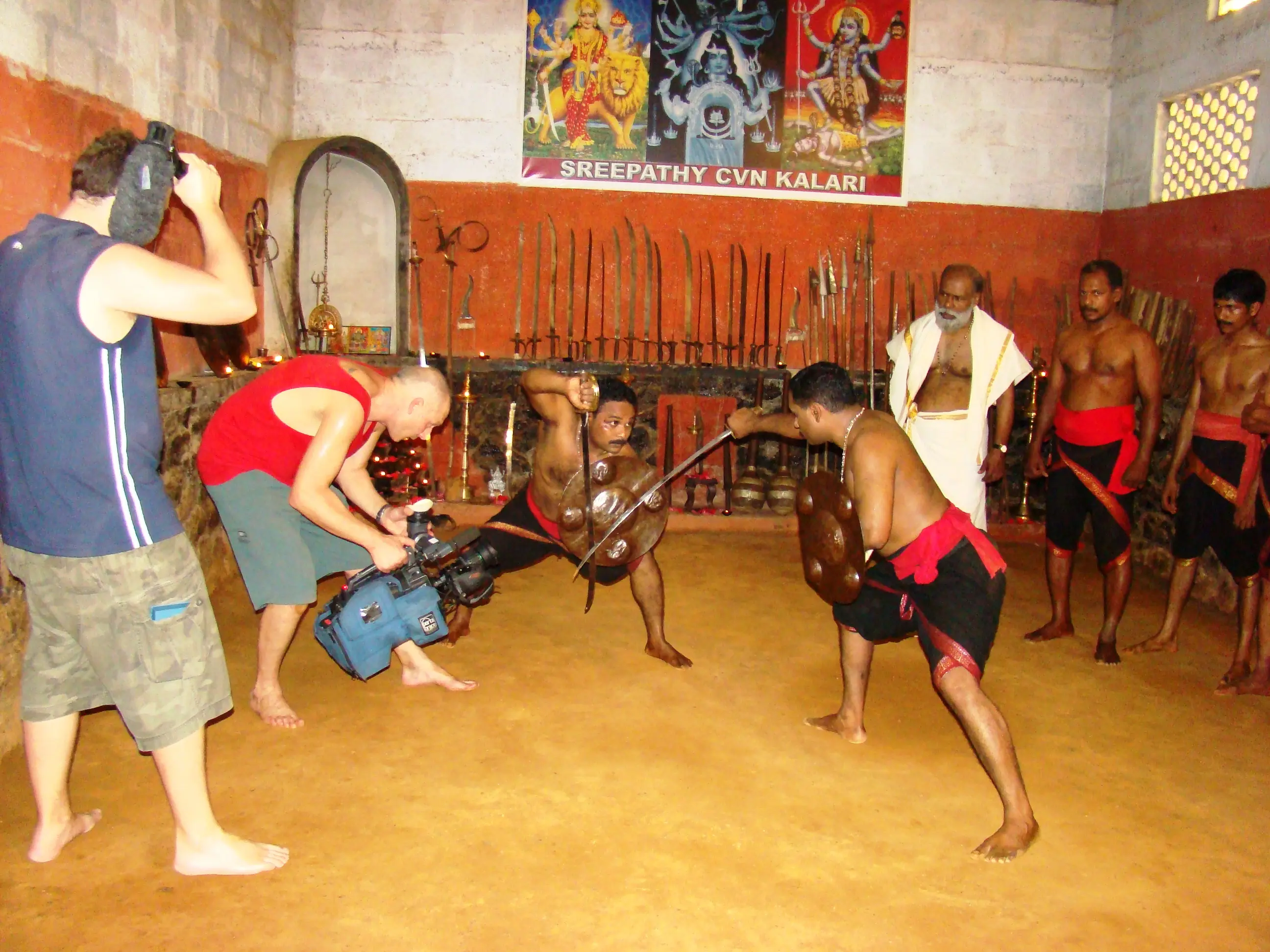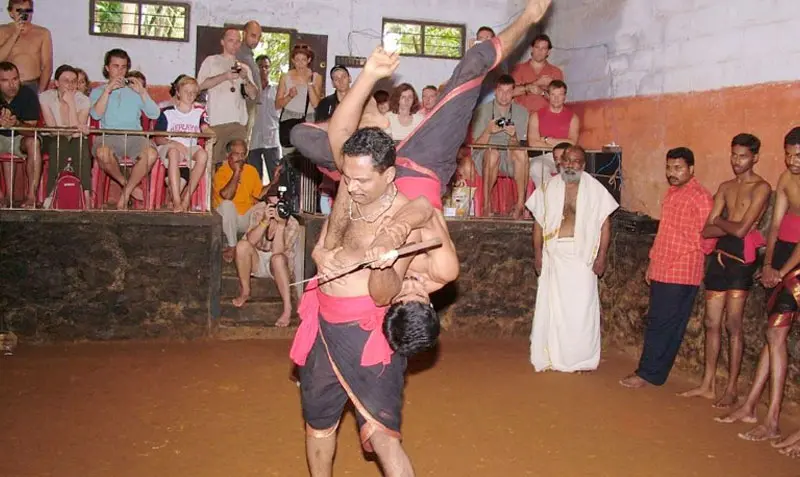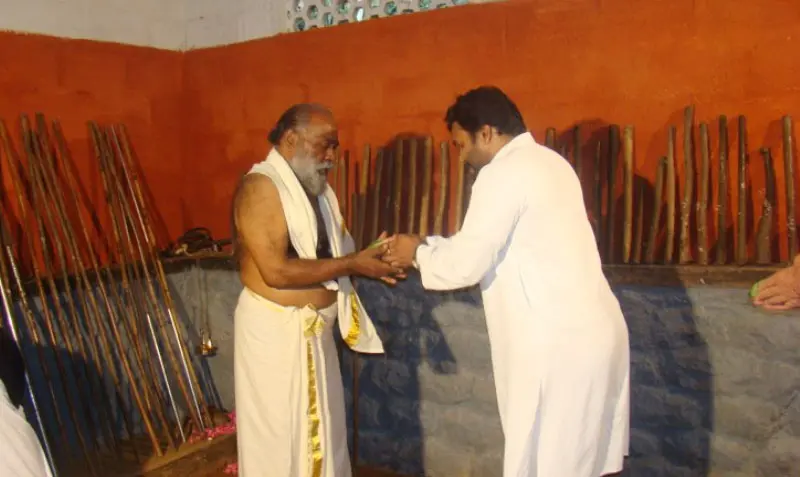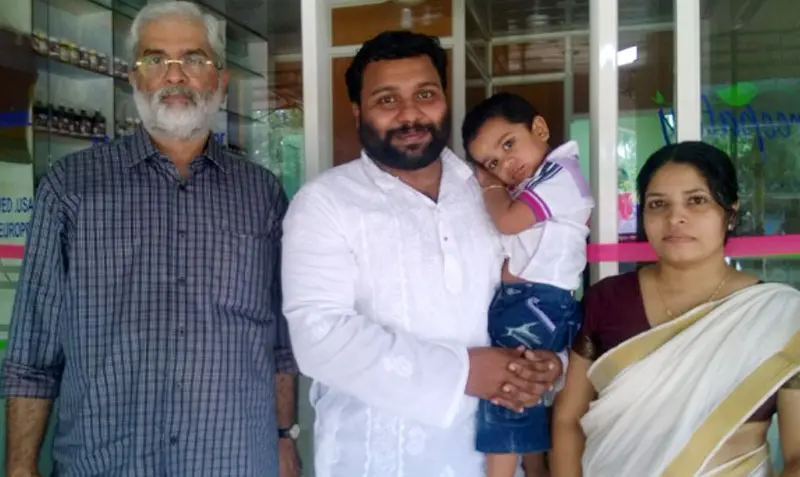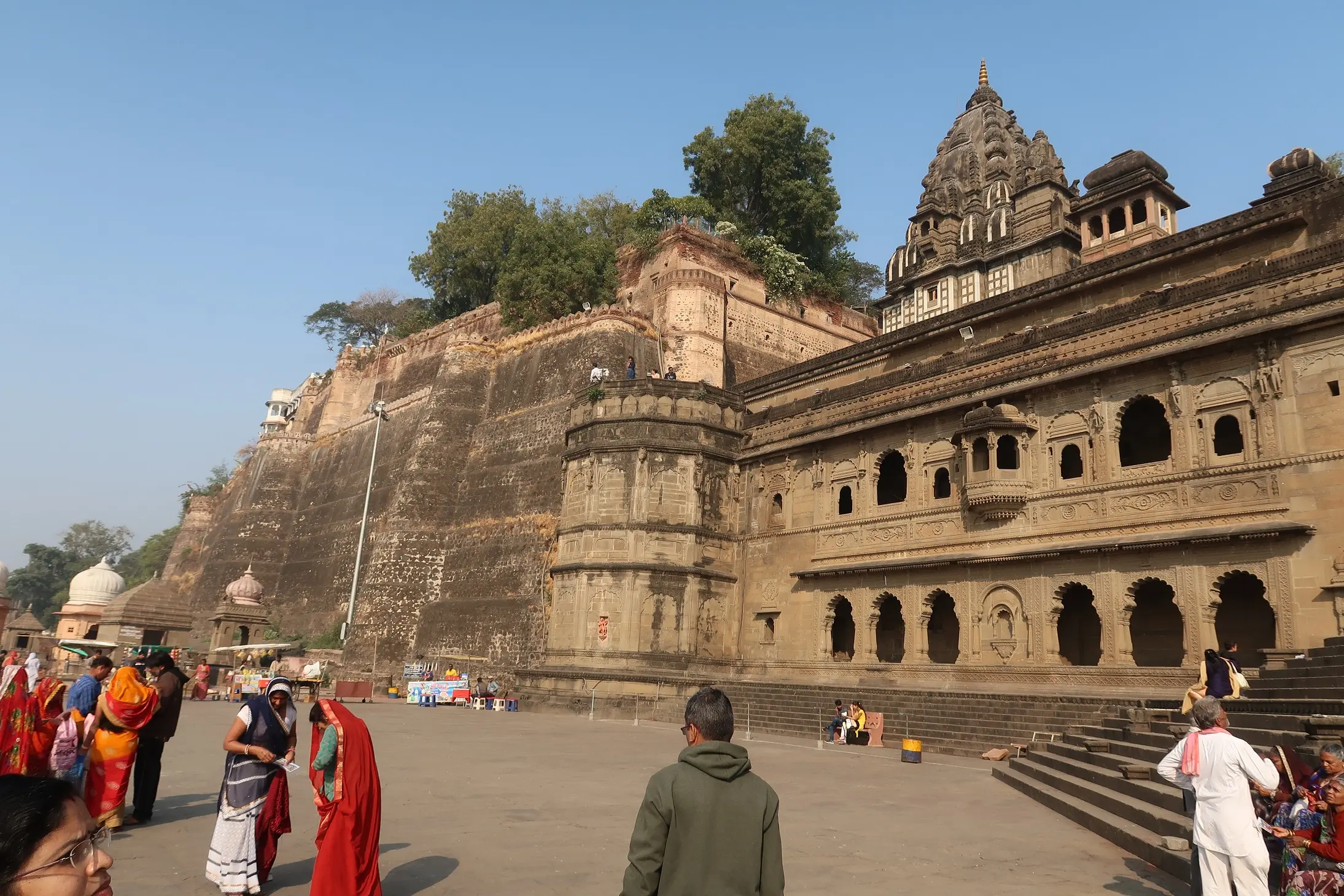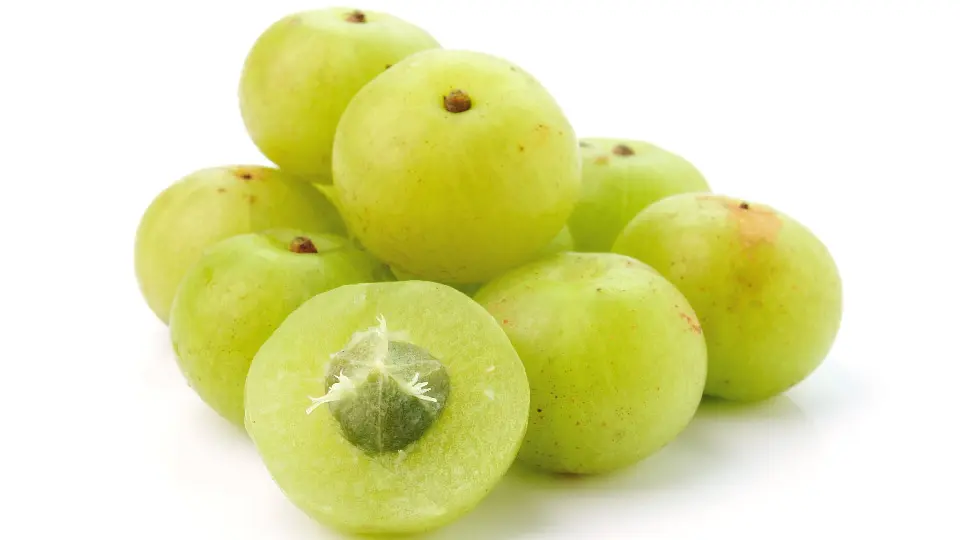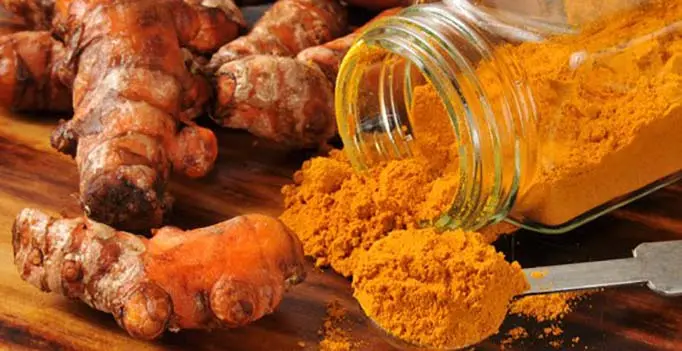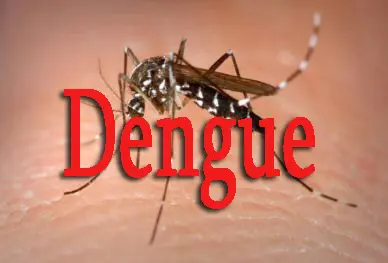
Dengue; an ayurvedic perspective
Dengue
The dengue flavivirus is the common cause of fever and acute systemic illness.
It is endemic in India and South East Asia.
The principal vector is the mosquito Aedes aegypti, which breeds in fresh stagnant water;
water collections in small container, air cooler, tyre dumps etc.. are common site for its breeding.
Mosquito Aedes albopictus is the vector in some South East Asian contries
Dengue virus
Dengue Virus is an arbovirus of the Flaviviridae family and Flavivirusgenus.
Dengue virus exists as four serotypes (Dengue 1–4) and is genetically related to other flaviviruses such as yellow fever and tick-borne encephalitis viruses.
Clinical Features
Incubation period
2 to 7 days after being bitten by an infected mosquito.
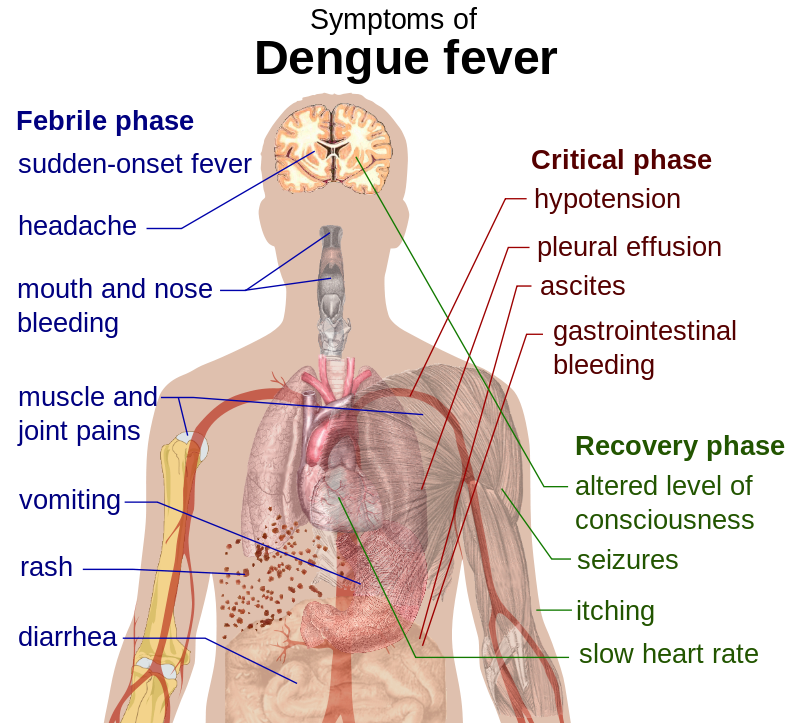
Acute onset of dengue
- Fever
- headache
- backache
- Arthralgia
- Break bone fever(Generalized pain)
- Pain on eye movement
- Lacrimation
- Anorexia
- Nausea
- Vomiting
- Relative bradycardia
- Prostration
- Depression
- Lymphadenopathy
- Sclera injection
Other clinical features
- Skin rashes, itching on the skin, legs etc.
- There is minor bleeding from the part of body like from nose, gums etc which is accompanied with heavy periods of menstrual.
- Skin from the neck and face start getting flushed.
- Person feels tiredness.
Nature of fever in Dengue
Continuous or saddle back(subside for a day and then come back), with a break on 4th or th day and then recrudescence; usually lasts for 7 to 8 days.
DHF and DSS
Dengue hemorrhagic fever and dengue shock syndrome are more severe illness which may turn fatal. This condition occurs mainly in children in South East Asia.
Severe Dengue
After 3 t 4 days of fever, hypotension and circulatory failure develop with pleural effusion, ascities, hypoalbuminaemia and feature of acute respiratory distress syndrome ( ARDS).
Minor signs
- Petechie
- Ecchymoses
- Epistaxis
Major signs
- Gstro intestinal haemorrhage
- Cerebro vascular haemorrhage
Investigations
- Leucopenia
- Thrombocytopenia
- Four fold rise in IgG antibody titres
- Isolation of dengue virus from blood
- Detection of dengue virus RNA by PCR test
Dengue in Ayurveda
Description of dengue as Dandaka Jwara is found in the parishishta chapter of Madhava Nidana. It has been described that a particular species of mosquito is the basic cause of spread of fever called Dandaka jvara. This fever mostly subsides within a week, however, it is more dangerous for the children and old aged people, whose immune system is weak.
Premonitory symptoms (purvarupa)
Feeling of breaking of bones, weakness, dyspepsia, tastelessness of food are the premonitory symptoms of dandaka jwara.
Symptoms
Severe breaking pain in bone and joints as if some has been beaten by stick. Reddish or purpuric rashes on the body, fleeting/shifting joint pain associated with swelling may occur. High temperature of 103⁰ to 105⁰ F. may occur which gets subsided and may relapse again within three to four days. On 8th day, it subsides on its own..During fever, pulse is not proportionately as fast as it should be with fever. Symptoms of common cold (Pratishyaya) cough, and throat pain are also common symptoms of dandaka jwara which becomes endemic due to virulence of kapha and vata dosha.
Management
It is told that the physician who can treat all jwara ( fever) can treat all disease. Ayurveda focus to strengthen immune system of the body keeping a control on hyperthermia.
Amrita (Guduchi,) Tulasi(Holy basil) Shunti(Dried ginger), mandookaparni, Papaya are the commonly available medicinal plants and used to prevent its complications by potentiating immune system so that disease gets controlled within a period of 4to 8 days.
Diet During Dandaka jvara
Rice gruel (Kanji),Rice porridge (khichari) cooked with ginger and lemon is useful.
Tea prepared with Tulasi, Ginger and cardamom may be taken at two hourly interval.
Spicy and Oily food should be strictly avoided.
AYURVEDIC TREATMENT FOR DANDAKA JWARA :-
- Amrithotharam kashayam,Amritha satva(Sat giloy) are some of the good herbal medicines advised in Dengue fever.
- Leaves of coriander should be taken to reduce fever.
- Eatables rich in Vitamin C, especially Amla should be consumed as it helps in absorption of Iron .
- Chyavanprash can be taken as an immune booster.
- Punarnava (Borhavia diffusa) Is a herb which helps in flushing out toxins through perspiration.
- Drink tulasi boiled water throughout the day to build up immune system.
- Chewing and having the juice of 10 to 15 leaves of tulasi will improve the immunity in this condition.
- Dhatura is an ayurvedic herb which has potency to reduce seriousness of dengue fever,but should be strictly taken after consulting Ayurvedic physician.
- Fenugreek leaves can be taken as herbal tea to reduce fever.
- Pomegranate /black grape juice can be taken to increase blood count.
‘Take ayurvedic medicines only under the supervision of an ayurvedic doctor’
Ayurvedic medicines are available in Sreepathy Ayurveda Clinic, Ettumanoor to pacify these kinds of endemic fevers (dengue, chicken guinea etc..) by improving the body defense mechanism.
Sreepathy Ayurveda Clinic
Temple road, west gate, Near Ettumanor Mahadeva Temple,Ettumanoor.P.O
Kottayam, Kerala, India.
‘Take ayurvedic medicines only under the supervision of an ayurvedic doctor’

